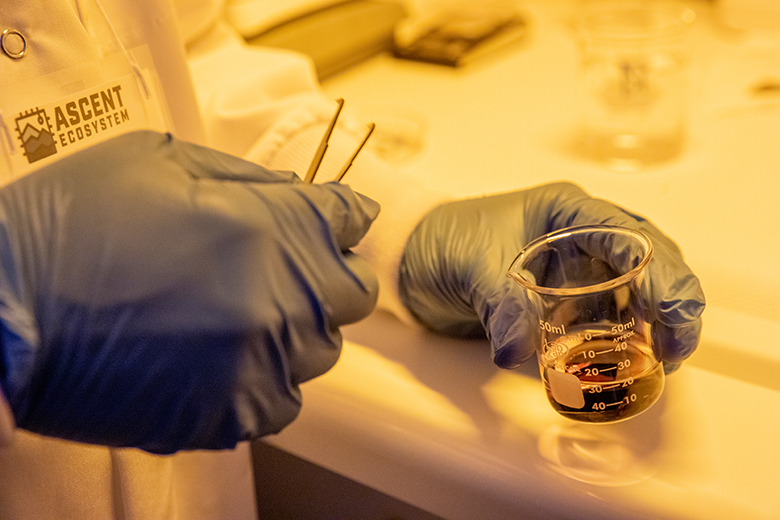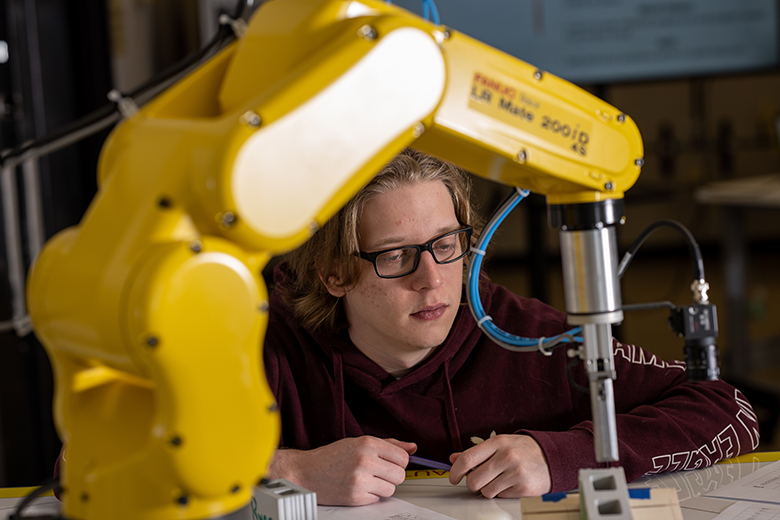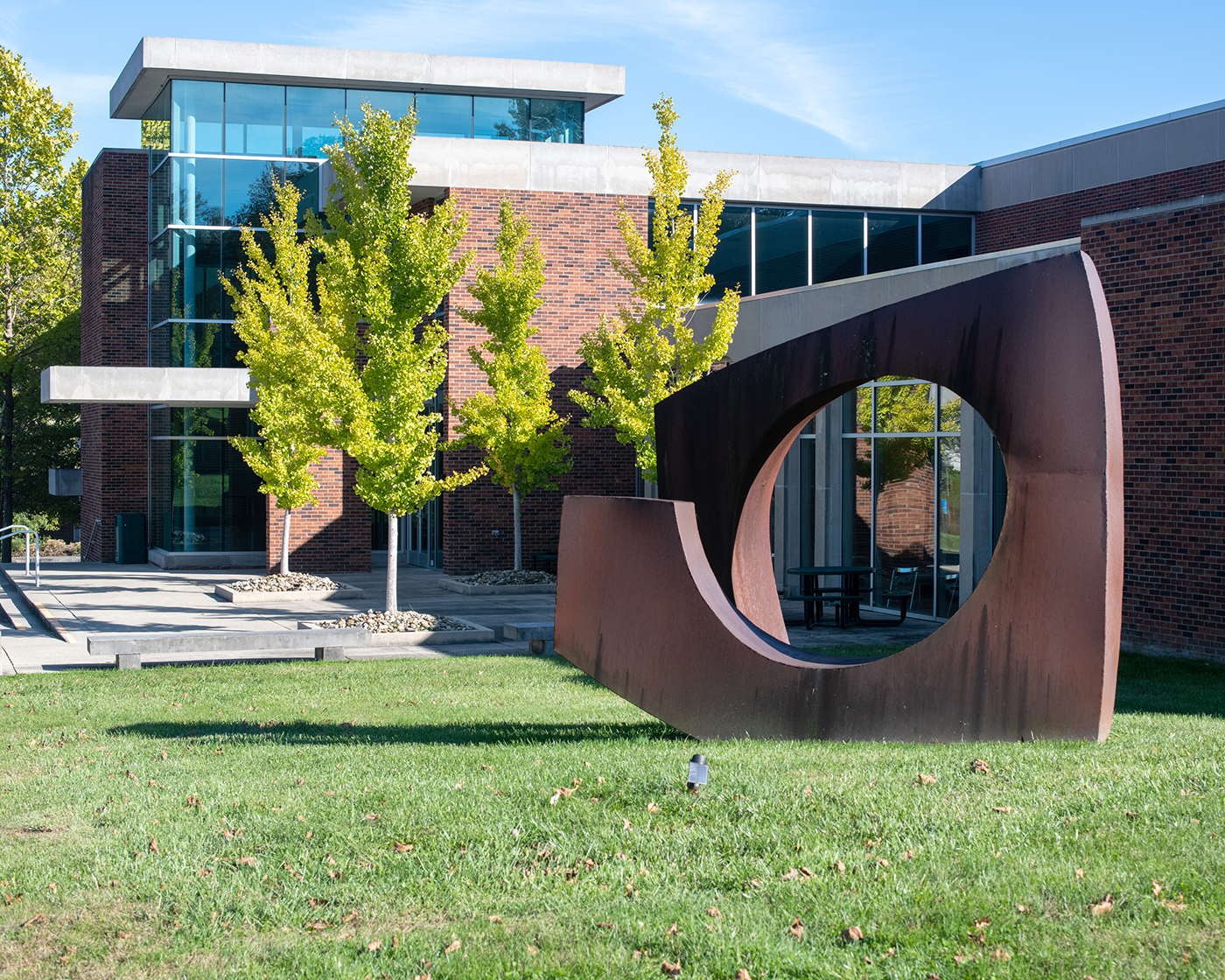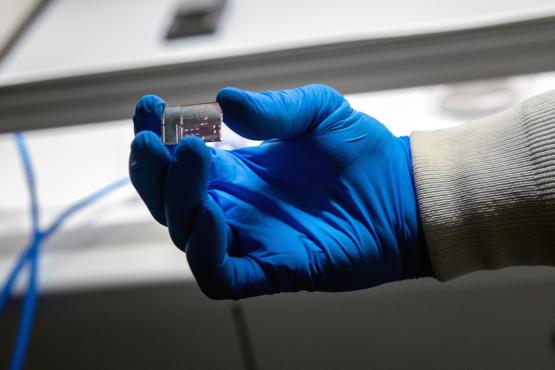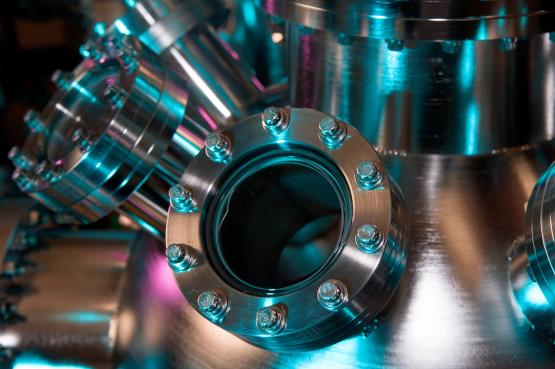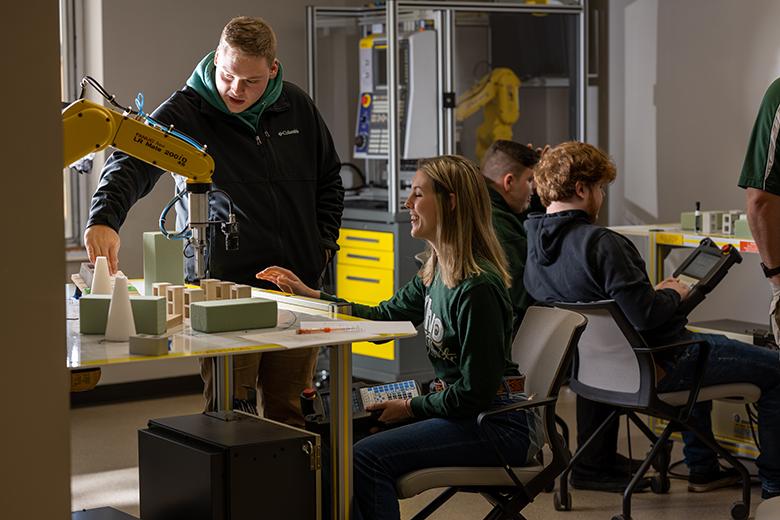
Semiconductors are the base component for most electronics. They help power advanced technologies in the fields of healthcare, communications, computing and transportation, among other applications, according to the National Institute of Standards and Technology.
Demand for semiconductors is already high but continues to grow due to use in emerging technologies like smart and autonomous systems, artificial intelligence and quantum computing. As a result of this high demand, there has been an increase in American semiconductor research, development, production and advanced manufacturing jobs in places like Ohio.
To help meet the demand of this growing workforce, Ohio University Lancaster has developed a brand-new, specialized Semiconductor Technician Certificate which will begin training students in fall of 2025. The semiconductor certificate is a one-year program, and can be paired with two existing certificates in automation and mechatronics that OHIO Lancaster currently offers.

All three of these certificates are stackable, five-course programs with significant overlap—meaning if a student were to complete, for example, the automation certificate, they would only need to take two or three additional classes to get a second semiconductor or mechatronics certificate, respectively. The “stack-ability” of these certificates gives students flexibility in their education and provides an accelerated path to the industry for those who aren’t necessarily interested in a four-year program.
Savas Kaya, Ph.D., a professor in OHIO’s Russ College of Engineering and Technology, says the certificates not only serve as an entry point to the advanced manufacturing industry in the Lancaster area, but the flexibility of the program also means that students who weren’t necessarily planning on obtaining a degree now have that option by completing two certificates.
“With a small investment of their time in learning, [students] will be able to tap into more work opportunities,” said Kaya. “Some students may have initial doubt, but after taking classes they see that they have what it takes and then end up doing more. Some students even decide to get the full, two-year associate’s degree, in the end.”
Hands-on training that leads to careers
Those who take the Semiconductor Technician Certificate will be provided with foundational hands-on learning opportunities in a professional setting that translate directly to jobs in the advanced manufacturing industry. A new modular clean room will expose students to the highly controlled, contamination-free environment that chip manufacturing requires. Additionally, students will have access to advanced and user-friendly vacuum and plasma equipment, lithography systems and analytical equipment such as microscopes and profilometers.
“Our general principle is getting the equipment that will give students good hands-on training,” explained Kaya. “They need to understand the strict quality control needed in these production lines. They need to understand the needs and the complexities of the instruments, so we are providing equipment that is helpful for this education.”
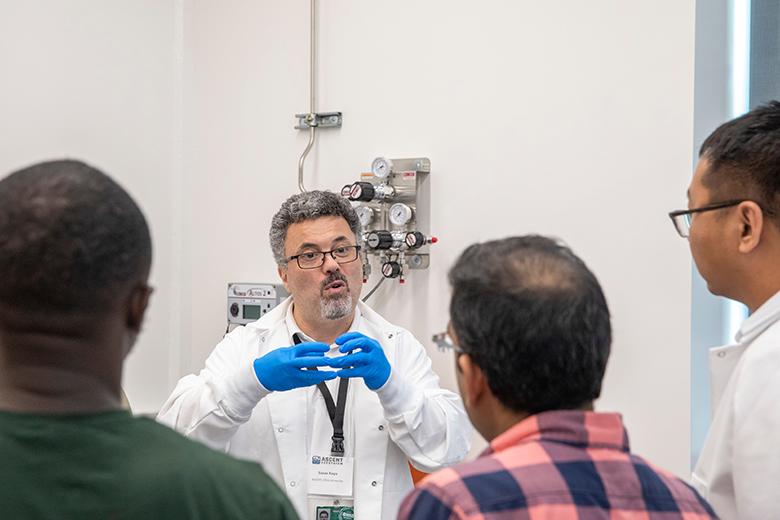
Semiconductor technologies and techniques are used in many different areas—medical, food, defense, packaging and everywhere in between. With new technology and semiconductor-based companies expanding and opening locations in Ohio, ASCENT Assistant Professor of Semiconductors Ismail Tirtom says that students who have this certificate will be able to apply to many different potential employers.
In some cases, earning one certificate—or even just starting one—can unlock jobs that previously would’ve been inaccessible to students. Many companies are even willing to pay for additional courses and degrees for those who have completed a certificate.
“Those that come in and take any of these certificates are going to be more marketable to area manufacturers, and it also opens the door to go to Columbus or any other nearby or far away place,” said Mark Wile, assistant professor of instruction in engineering technology at OHIO Lancaster. “One strategy is getting a certificate under their belt, getting hired somewhere, and then hopefully working for a company that will pay for the associate's degree. So, getting a certificate is kind of like the first rung in a ladder, if you will.”
Creating opportunity through the ASCENT Ecosystem
Ohio University Lancaster’s semiconductor certificate is only the latest in the University’s efforts to cultivate the next generation of skilled technical professions for Ohio’s emerging semiconductor industry. OHIO serves as the lead institution for the Appalachian Semiconductor Education and Technical (ASCENT) Ecosystem, an initiative that has created an inclusive workforce development and training program starting with K-12 students and extending all the way to graduate-level programs.
